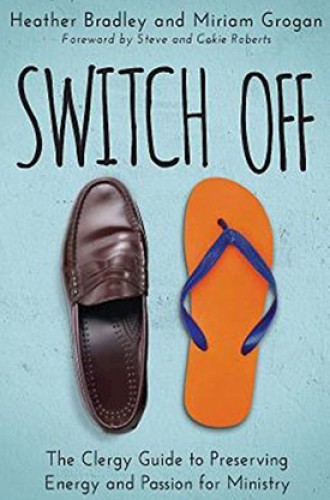Practical wisdom from the business world
Heather Bradley and Miriam Bamberger Grogan offer a hard-working playbook for addressing ministerial overload.
The complicated nature of religious leadership is well attested. Moses and the prophets register their frustrations with the overwhelming, often maddening responsibilities of public leadership. Generations later, Jesus’ disciples seem flummoxed by every ministry assignment. In our own time, studies of congregational vitality and ministerial viability reveal clergy’s struggles with the competing demands and conflicting needs of the communities they serve, and the seeming impossibility of satisfying others’ expectations—not to mention their own. The rapid pace of social change, and the institutional and communal fractures that occur in its wake, suggest that these tensions will only intensify.
Sturdy pastoral wisdom that thrives in the midst of complexity remains an elusive, almost mysterious commodity. While we recognize and admire leadership that is focused, faithful, and non-anxious, we tend to believe that such qualities are either evidence of innate talent or the hard-won fruit of many years of experience. This book takes a different view. We can all cultivate the wisdom that funds energetic, productive ministry, and we do so one decision at a time.
Switch Off is a tiny book, short enough to read in a single sitting and light enough to slip into a briefcase alongside your Bible. But don’t let the book’s modest size fool you. This is a hardworking playbook for addressing three familiar symptoms of ministerial overload as they are articulated by clergy themselves: “My work never ends, it’s never enough, I have to do it all.”






